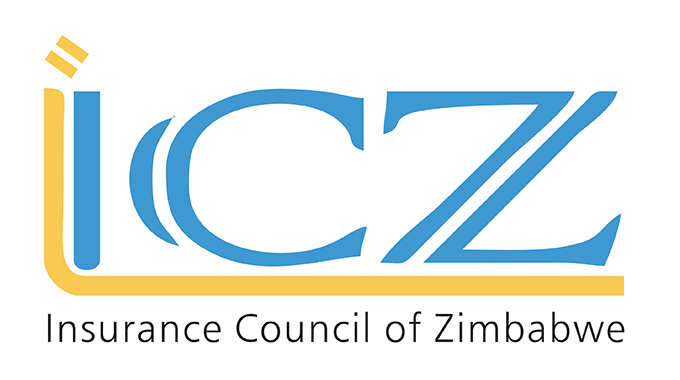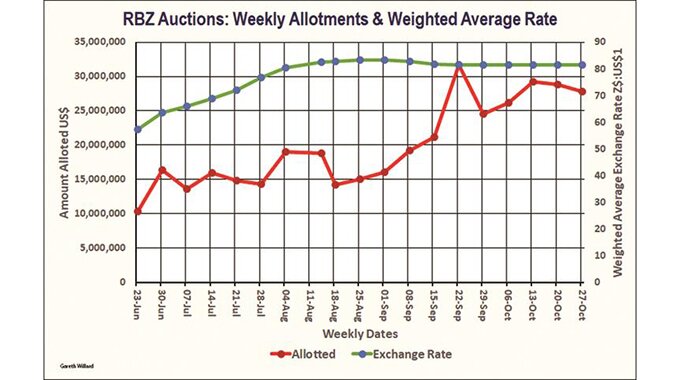Tawanda Musarurwa Business Reporter
National Social Security Authority (NSSA)’s decision to invest offshore yielded a US$2 million in dividend payments between 2017 and 2018.
NSSA invested US$20 million in Pan-African financial institution – African Export–Import Bank (Afreximbank) – at the end of 2017 as a strategy to “preserve the balance sheet value.”
The Authority says the foreign currency generated from the Afreximbank investment will help meet its external obligations and chairman Cuthbert Chidoori, has hinted at plans to extend its offshore investment portfolio.
Afreximbank is headquartered in Egypt and is listed on the Mauritius Stock Exchange.
As of May 2018, the bank’s shareholders, totalling 146, were divided into four categories: namely, Class ‘A’ Shareholders – African governments, African central banks, African development banks and African economic organisations; Class ‘B’ Shareholders – African private investors and African national financial institutions; Class ‘C’ Shareholders – International financial institutions, export credit agencies, and non-African private sector firms, and Class ‘D’ Shareholders – open to subscription by any investor, African or non-African.
Advertisement
As at the end of 2017, the bank’s assets totalled US$11,9 billion.
“This investment yielded a hard currency US$1 million dividend in 2017 thus giving the Authority a dividend yield of 5 percent.
“A similar dividend amount was declared for 2018 and was received in 2019. Going forward this investment would provide an excellent hedge to currency risk and cover for the Authority’s foreign obligations,” he said.
“To further diversify income streams and hedge currency risk, the Authority was currently exploring an investment opportunity in a major African reinsurance player subject to obtaining support and approval from relevant authorities.”
Observers say growth of the Authority’s offshore portfolio will hedge against inflationary pressures in the local environment, which have eaten away at its money market investments (which in any case would typically be dedicated to cover pension pay-outs and administration expenses).
For the period under review, NSSA’s total investment assets amounted to US$1,6 billion.
Its other investments break down are as follows: real assets at US$1,1 billion and US$243 million in Treasury Bills (TBs), which earn an average interest rate of 6,25 percent with maturities ranging from three to 10 years.
In 2018, the authority also received a significant windfall from its associates and other strategic investments.
“The share of profits from associates increased by 138 percent from US$28,6 million in 2018,” said acting managing director David Makwara.
“Share of profits in FBC Holdings Limited at US$12,8 million, ZB Holdings Limited at US$7 million and Turnall at US$1,1 million contributed significantly to performance of the business.
Advertisement
During the period under review, NSSA received its first ever dividend from its 67 percent stake in Rainbow Tourism Group (RTG) to the tune of US$206 359 and RTGS$481 509.
The investment gains contributed to NSSA posting a US$180 million surplus for the period, but the authority is still receiving criticism for poor remuneration of pensioners.
Last November, the authority effected an upward adjustment in pension pay-outs with the lowest earning pensioners getting $200, up from $80.
To give context to those numbers, statistics from the Zimbabwe National Statistics Agency (ZimStat) showed that the country’s Total Consumption Poverty Line for an average family of five persons stood at $3159,52 as at the end of October 2019.
In terms of the current compensation framework for NSSA, pension pay-outs are based on one’s contributions.
But over the past two decades, the Zimbabwean economy has been hit by two rounds of hyper-inflationary periods that eroded the value of pensioners’ contributions.
The NSSA chairman has pointed to the authority’s outmoded operational model.
“We have a legislation which was born quite some years back, going back to the late 80s, early 90s when the Act (National Social Security Act — Chapter 17:04 — of 1989) itself was panel beaten and put into place and NSSA itself began its march in 1994. So things are not quite the same as what those who crafted it way back could be seeing. There will be those refinements that we seek.
We have already identified critical areas which will enable NSSA to be flexible in terms of service delivery and also even those statutes that we are still tied on, you can sense that whoever was drafting those statutes saw what was there at the time; things have moved and there is need for us to be revamping and changing that,” said Chidoori.
– HERALD








